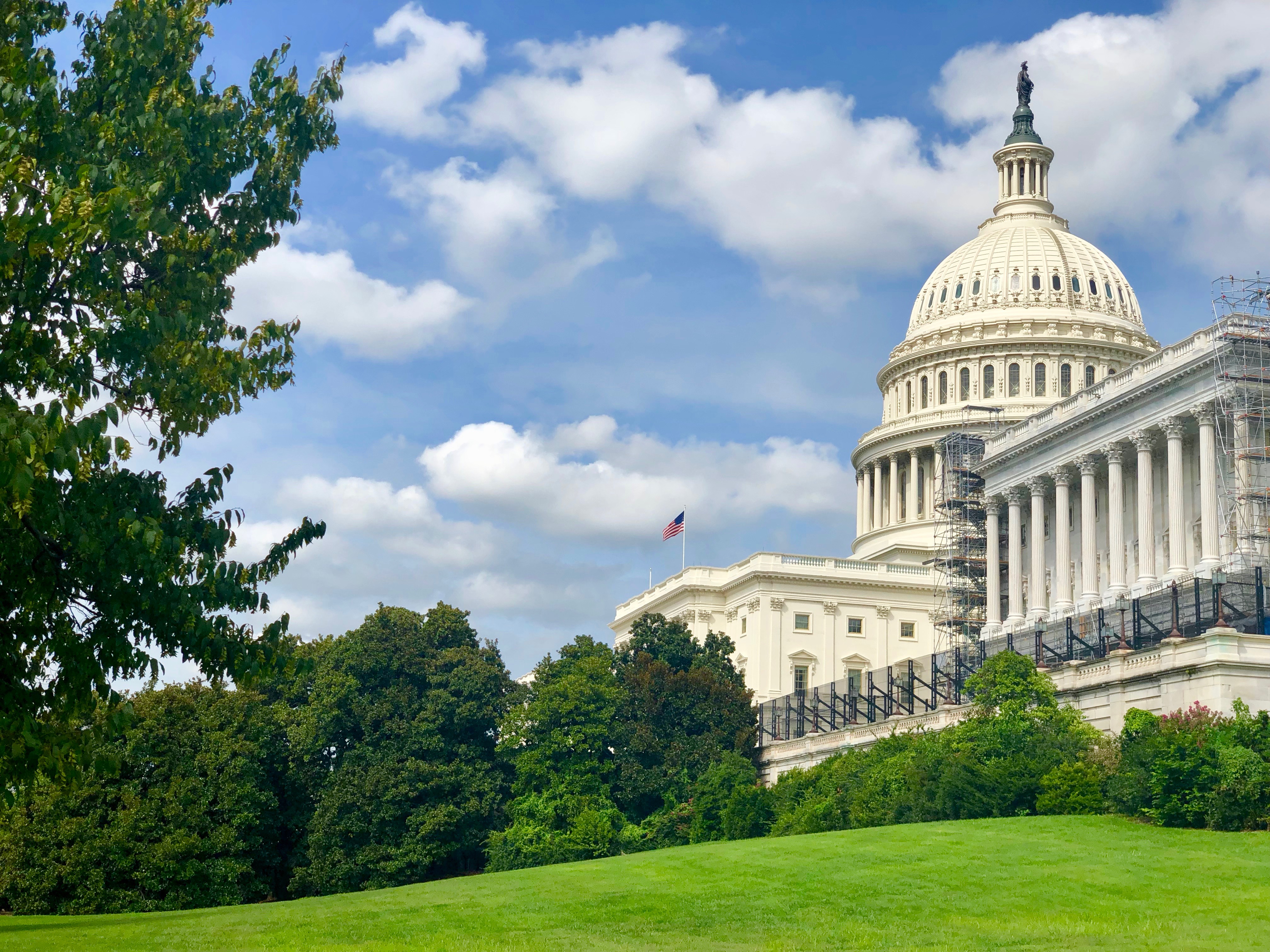The House Judiciary Committee favorably reported the Protecting Reporters from Exploitative State Spying Act (PRESS) Act, 23-0. This is positive news that we welcome, as the PRESS Act is critical legislation that would protect reporters and their technology providers from revealing their confidential sources and underscores the importance of protecting a free press from federal abuse of subpoena power.
“Journalists must be able to freely report on government actions without fear the government will compel them to reveal their sources,” said Daniel Schuman, policy director at Demand Progress. “We commend the House Judiciary Committee for its bipartisan support of the PRESS Act, legislation to protect First Amendment freedoms and shield journalists from being compelled to disclose their sources. The Senate must act now to advance this important legislation.”
The PRESS Act would protect reporters and their technology providers from revealing their confidential sources and from federal abuse of subpoena power, a legal protection already available in 49 states. The bill provides some exceptions to these prohibitions such as in cases involving risk of imminent personal bodily harm or death, terrorism, the commission of crimes unrelated to journalism, and slander, libel, and defamation.
Administrations of both parties have often gone after journalists who have exposed the truth about waste, fraud, abuse, and malfeasance to intimidate them. Although the Department of Justice last year adopted a new policy restricting subpoenas and seizures from journalists, it could just as easily be suspended, ignored, or secretly altered. Importantly, the PRESS Act would codify into law this prohibition, making it real and permanent.
